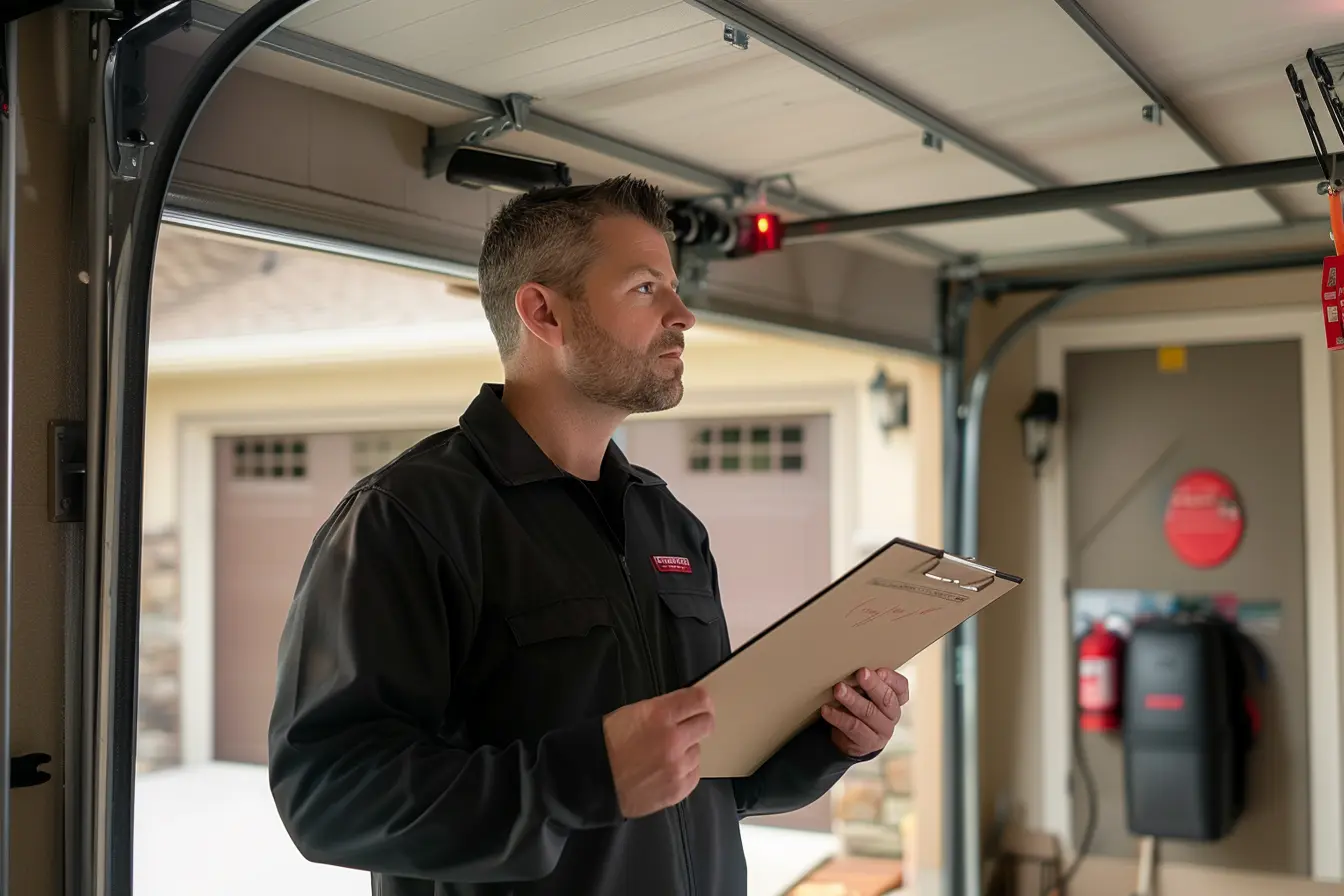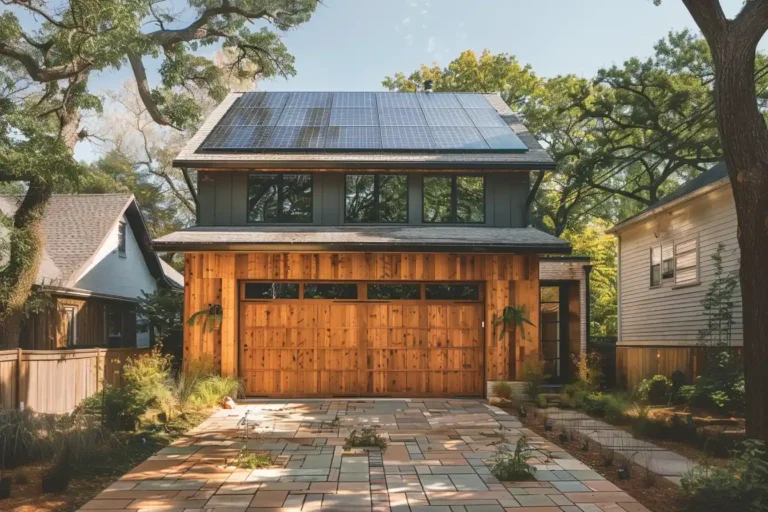Your garage door is an essential part of your daily routine, providing security, convenience, and curb appeal. However, when it malfunctions, it can disrupt your day and lead to frustration. Understanding common garage door issues and knowing how to troubleshoot them can save you time and prevent unnecessary repairs. Here, we’ll dive into typical problems homeowners face and the practical steps you can take to resolve them.
1. Garage Door Refuses to Open or Close
When your garage door doesn’t respond to your commands, it can be both inconvenient and puzzling. Here are some common reasons and solutions:
-
Blocked or Misaligned Sensors: Modern garage doors have safety sensors near the base of the tracks. These sensors detect obstructions to prevent accidents. If they’re misaligned or blocked by debris, the door won’t close.
- Solution: Clean the sensors with a soft cloth and ensure they are aligned properly (the LED lights on the sensors should be solid, not blinking).
-
Broken Springs: The torsion or extension springs handle the heavy lifting. If one snaps, your garage door won’t open.
- Solution: Check if the springs look stretched or broken. Replacing springs is dangerous and should be done by a professional.
-
Remote Control Issues: Sometimes, the problem is as simple as a malfunctioning remote control.
- Solution: Replace the batteries and reprogram the remote if necessary. Also, make sure you’re within range when operating the door.
2. Loud Noises During Operation
Does your garage door make unpleasant grinding or screeching noises? While some noise is normal, excessive sounds signal underlying issues.
-
Possible Causes:
- Loose Hardware: Over time, vibrations can cause bolts, screws, and other hardware to loosen.
- Worn-Out Rollers: Rollers that help the door glide smoothly can wear out, leading to rattling or squeaking.
- Lack of Lubrication: Friction between metal parts can create loud noises.
-
Troubleshooting Steps:
- Tighten any loose bolts and screws but avoid overtightening, as this could damage the hardware.
- Use a high-quality garage door lubricant on the tracks, rollers, and hinges. Avoid using WD-40, as it’s a degreaser, not a lubricant.
- If you notice any worn or cracked rollers, consider replacing them with nylon rollers for quieter operation.
3. Door Moves Unevenly
A garage door that jerks or moves unevenly during operation is not only annoying but can also damage the door and its tracks.
-
Common Causes:
- Frayed Cables: The lift cables on either side of the door can become worn or frayed, leading to uneven lifting.
- Unbalanced Door: If the door seems heavier on one side, it could indicate a balance problem.
-
How to Troubleshoot:
- Inspect the cables for any signs of damage. If you see fraying or rust, have a technician replace them immediately.
- To check if your door is balanced, disconnect the door from the opener by pulling the release cord. Lift the door halfway; if it stays in place, it’s balanced. If it falls or rises, it needs professional adjustment.

4. The Door Reverses Before Closing
A garage door that reverses while closing can be both frustrating and puzzling. This usually points to an issue with the sensors or a misaligned track.
- Troubleshooting Tips:
- Clean the photo-eye sensors and make sure nothing is blocking their path. Check for alignment by ensuring that the LEDs on the sensors are steady.
- Inspect the tracks for bends or obstructions that could trigger the reversal. Clear any debris and use a rubber mallet to gently straighten any minor bends.
5. Garage Door Opens Slowly
If your garage door is moving at a sluggish pace, this could be due to aging parts or poor lubrication.
- Potential Causes and Solutions:
- Old Springs: Springs lose tension over time, making the door move slower.
- Action: Have the springs replaced by a professional to restore optimal function.
- Lack of Lubrication: Dry rollers or tracks can slow down door movement.
- Action: Apply a garage-specific lubricant to the moving parts.
- Old Springs: Springs lose tension over time, making the door move slower.
6. The Door Won’t Stay Open
When a garage door closes unexpectedly or doesn’t stay open, the problem might be with the springs or settings.
-
Diagnosis:
- Spring Issues: Springs that are stretched or worn out may not have enough tension to hold the door open.
- Opener Settings: The opener’s force setting may need adjustment.
-
Fix:
- Consult the manual of your garage door opener to locate and adjust the force and limit settings. If the issue persists, a professional inspection might be necessary.
7. Door Seals Are Worn Out
Worn seals allow drafts, moisture, and even pests into your garage.
- Check: Inspect the bottom and side seals for signs of wear or damage.
- Replace: Purchase new seals from a hardware store and replace them to maintain a weather-tight barrier.
Conclusion
By understanding these common garage door problems and how to address them, you can keep your door functioning smoothly and avoid costly service calls. Regular maintenance and prompt attention to minor issues can go a long way in extending the life of your garage door.








